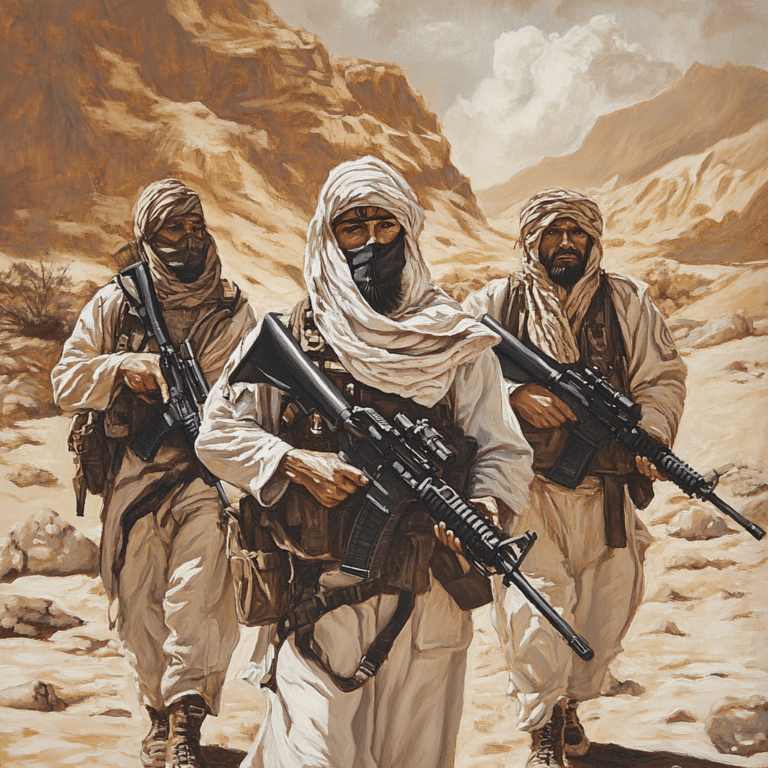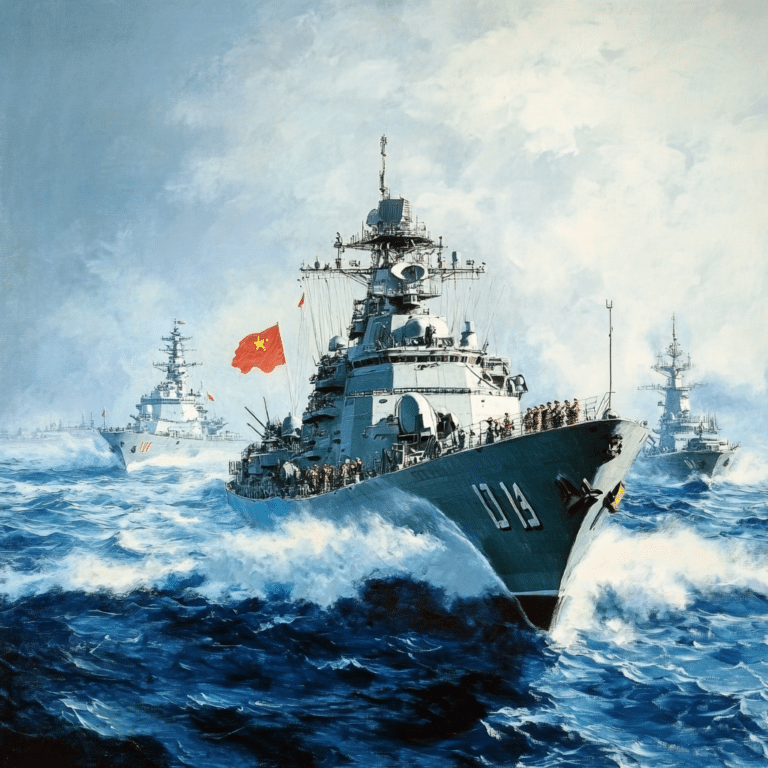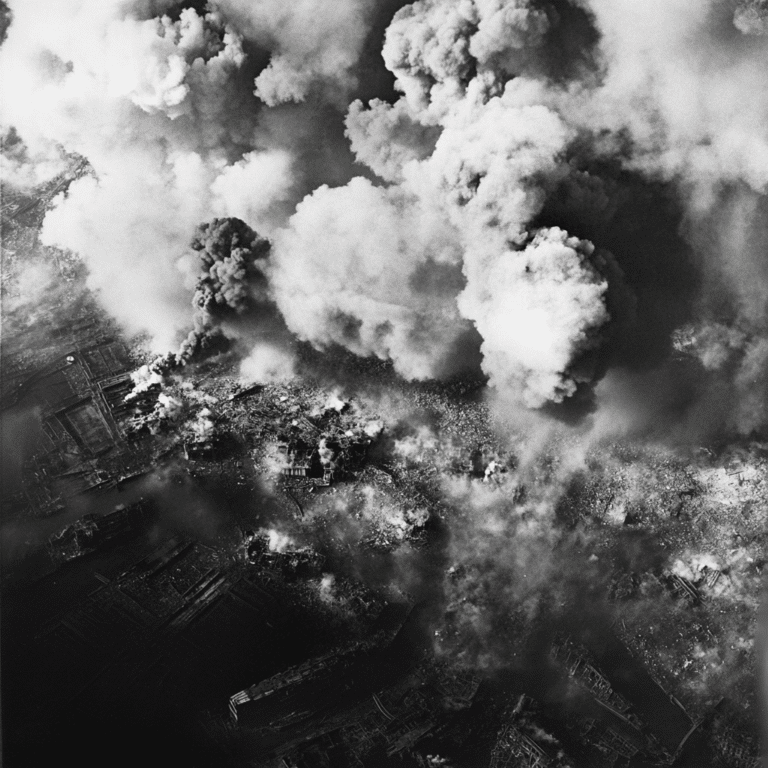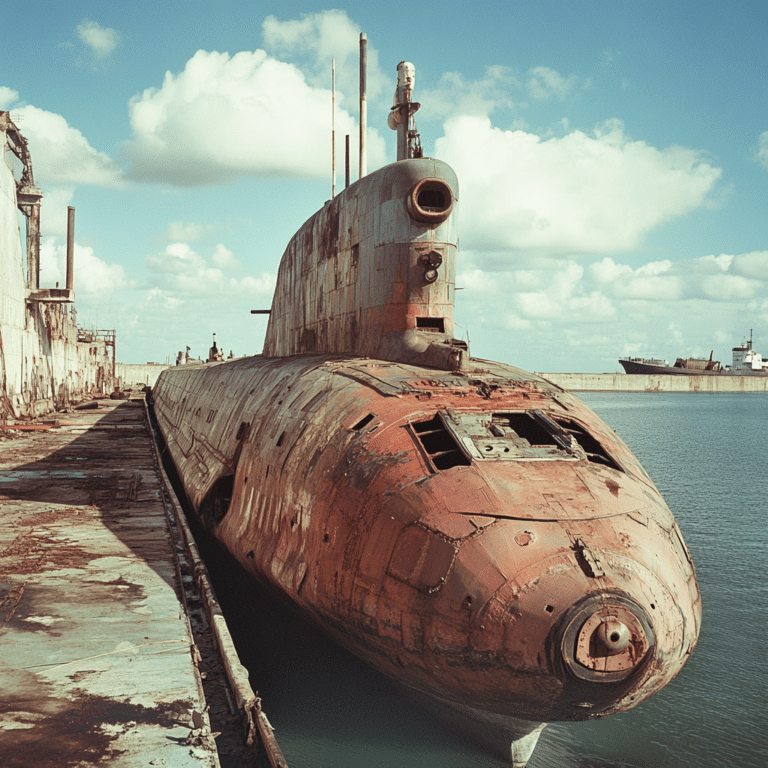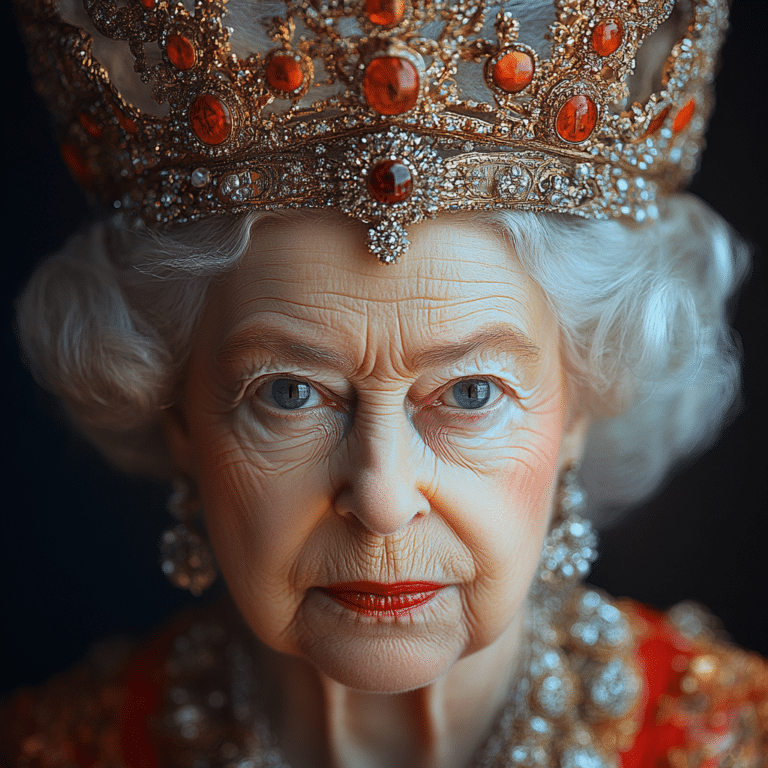The Dark Legacy of Kim Jong Nam
Kim Jong Nam, the estranged half-brother of North Korean dictator Kim Jong Un, became a symbol of tragedy and intrigue after his assassination in February 2017. His untimely death at Kuala Lumpur International Airport was not just another headline; it was a wake-up call about the treacherous politics lurking behind the closed doors of the North Korean regime. The chilling nature of the assassination revealed the sharp divisions between two brothers with diverging philosophies about leadership and national identity. While Kim Jong Un consolidates power with iron-fisted control, Kim Jong Nam envisioned a more pragmatic approach to governance—a vision that likely sealed his fate.
The stark contrast between the two brothers illuminates the ruthless political climate in North Korea. While Kim Jong Un, with aspirations of nuclear dominance, tightens his grip on power, Kim Jong Nam hoped for reform and a potential thaw in relations with the international community. It is crucial to recognize that Kim Jong Nam had already fallen out of favor after attempting to visit Tokyo Disneyland with a fake passport in 2001. This embarrassing mishap showcased the fragility of his position within the regime and, ultimately, set the stage for a deadly fallout that would shock the world.
In the wake of the assassination, many have speculated that Kim Jong Nam’s liberal inclinations represented a critical threat to Kim Jong Un’s leadership. Reports suggest that his life in exile, primarily in Macau, was marked by interactions with the global business community and an extensive social network—elements that posed a direct challenge to the dictatorship’s oppressive norms. As the might of Kim Jong Un became ever more apparent, Kim Jong Nam’s fate serves as a grim reminder of the lengths to which despots will go to eliminate any threats to their authority.
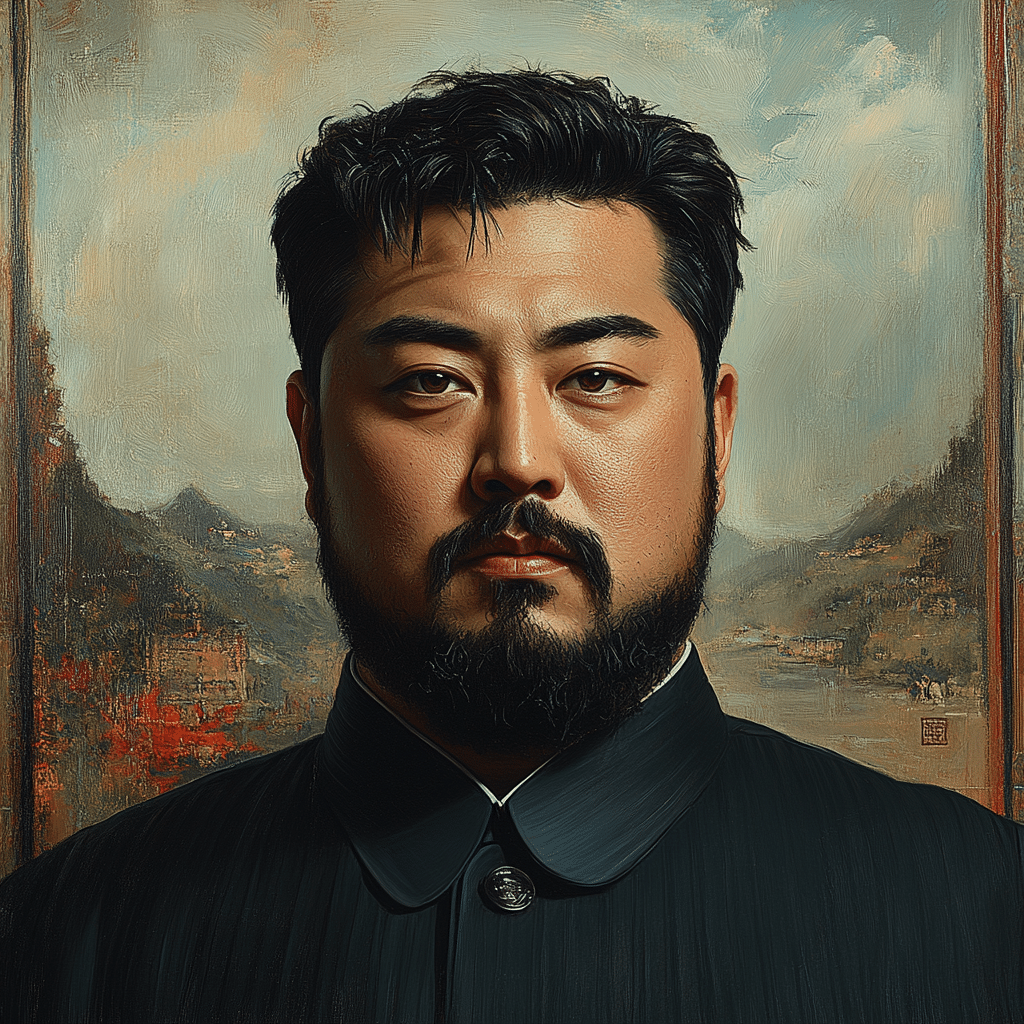
7 Disturbing Facts Surrounding Kim Jong Nam’s Assassination
Implications for the Future of North Korea
Kim Jong Nam’s assassination illuminated a dark moment in North Korea’s ongoing saga of power and control. It unveiled not only the ruthless inner workings of the Kim regime but also generated a sense of uncertainty about the country’s future. As Kim Jong Un continues to solidify his grip, the fear of increasing purges looms large over Pyongyang. Victims of power struggles within the regime will likely rise as Kim Jong Un sifts through perceived loyalty and threats, stoking a climate of fear and distrust that permeates the entire nation.
The implications of this incident go beyond mere speculation. They compel us to explore the intersection of individual lives and global geopolitics. The assassination underscores a significant concern regarding human rights violations and state-sponsored violence within totalitarian regimes. As the world grapples with the fallout from this shocking death, observers must remain vigilant in their analysis of North Korea’s future maneuvers.
As we dissect Kim Jong Nam’s story, we glean essential lessons pertinent to any sovereign state engaging with North Korea. His assassination serves as a cynically dark reminder of how regimes may sacrifice their own for a veneer of control, raising critical discussions around ethics, freedom, and security. The dark narrative that fueled this tragedy continues to resonate in today’s geopolitical landscape, urging us to stay alert and prepared for potential threats posed by oppressive governments across the globe.
In conclusion, the life and death of Kim Jong Nam call for a serious reflection on authoritarian power dynamics. The world persists in understanding the magnitude of these events and their implications. As we move forward, may we also advocate for justice, ethics, and accountability in the face of tyranny.
For further intriguing commentary and deep insights, keep reading at The Conservative Today.
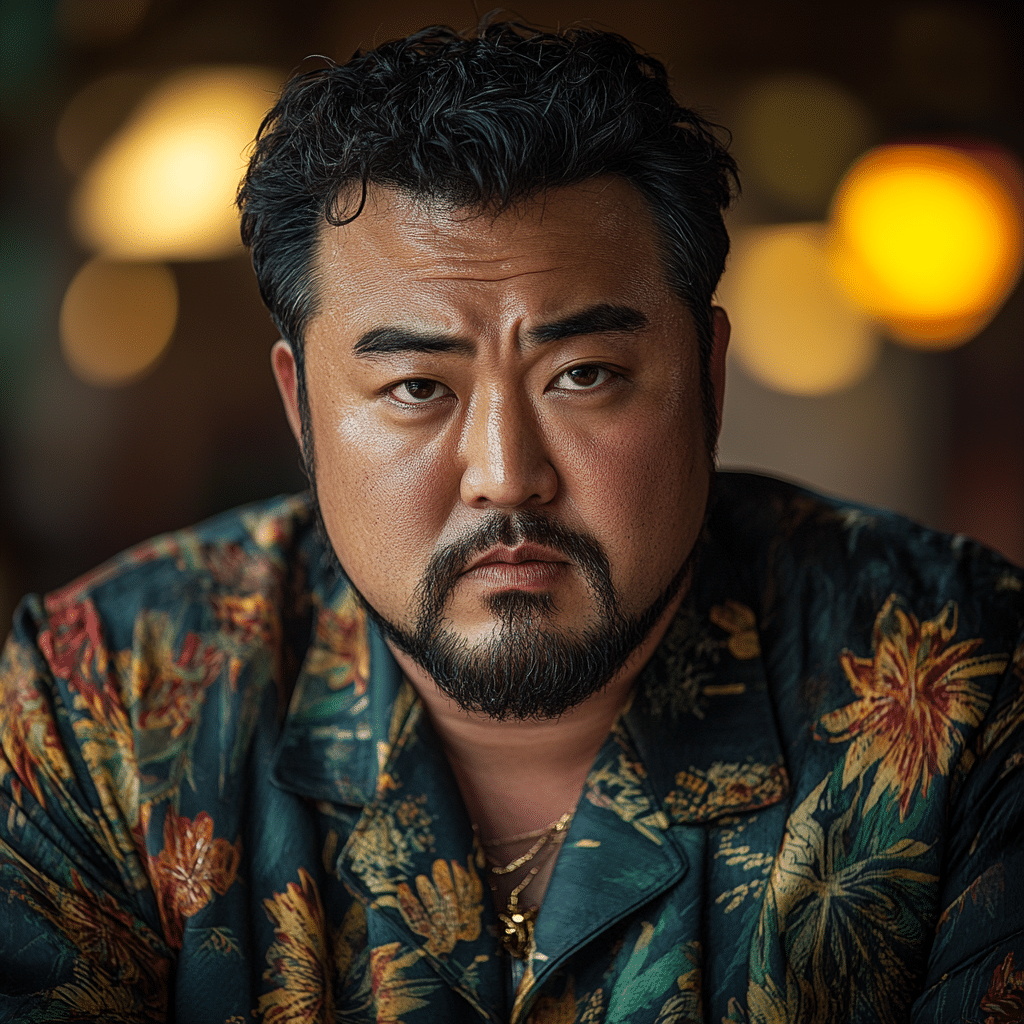
Kim Jong Nam: The Shocking Assassination That Shook the World
Who Was Kim Jong Nam?
Kim Jong Nam’s life was more than just a political footnote; he was the estranged half-brother of North Korea’s leader, Kim Jong Un. Born into the chaos of North Korean politics, Kim Jong Nam was known for his more Westernized lifestyle and outspoken views against his family’s regime. This lifestyle included being spotted in various countries, sometimes even cruising around in a flashy Shelby Gt350. His public appearances often raised eyebrows, particularly given the deadly serious nature of North Korean politics. Did you know that he lived in exile for years due to his uncle’s power plays? It’s a gripping saga, akin to a spy novel, where the stakes are survival and supremacy.
The Day of the Assassination
On February 13, 2017, Kim Jong Nam’s life was snuffed out in a bizarre and shocking assassination at Kuala Lumpur International Airport. The method? A deadly nerve agent, VX, that’s banned in many places, reminiscent of the tension-filled exchanges that characterized events like those surrounding Osama bin Laden’s full letter in 2002, where threats were made on a global stage. His assassination raised questions about North Korea’s international influence and the lengths they would go to polish their image. In a world where crime rates in some countries are remarkably low, this attack showcased a dark and dangerous trend. It was both an act of political maneuvering and an intense reminder of the vulnerabilities we face.
The Fallout and Investigations
The fallout from this assassination was substantial. As investigators worked tirelessly, it became apparent that the case showcased the murky waters of international espionage, almost like an episode from a gripping courtroom drama. The involvement of two women accused of carrying out the hit sparked global debates, drawing attention away from Kim Jong Nam’s death and shifting the focus to the Law Trafalgar featured extensively in speculations about whether they were victims or perpetrators. This incident illustrated how layered and intricate political assassinations can be, raising questions about truth and justice on a grand scale. Amidst all this, one can’t help but remember that Kim Jong Nam had a vision for a different North Korea, which only adds to the tragedy of it all.
Interestingly, as the world continued to grapple with the implications of the assassination, Kim Jong Nam’s story drifted into pop culture, influencing thoughts from Coachella 2023 where themes of rebellion and freedom rang true. The complexities of his life and the dramatic nature of his assassination have since evolved into a cautionary tale that reminds us of the high-stakes games various nations play. Indeed, Kim Jong Nam’s legacy serves as a stark reminder that behind political facades, human stories unfold—sometimes, tragically so.
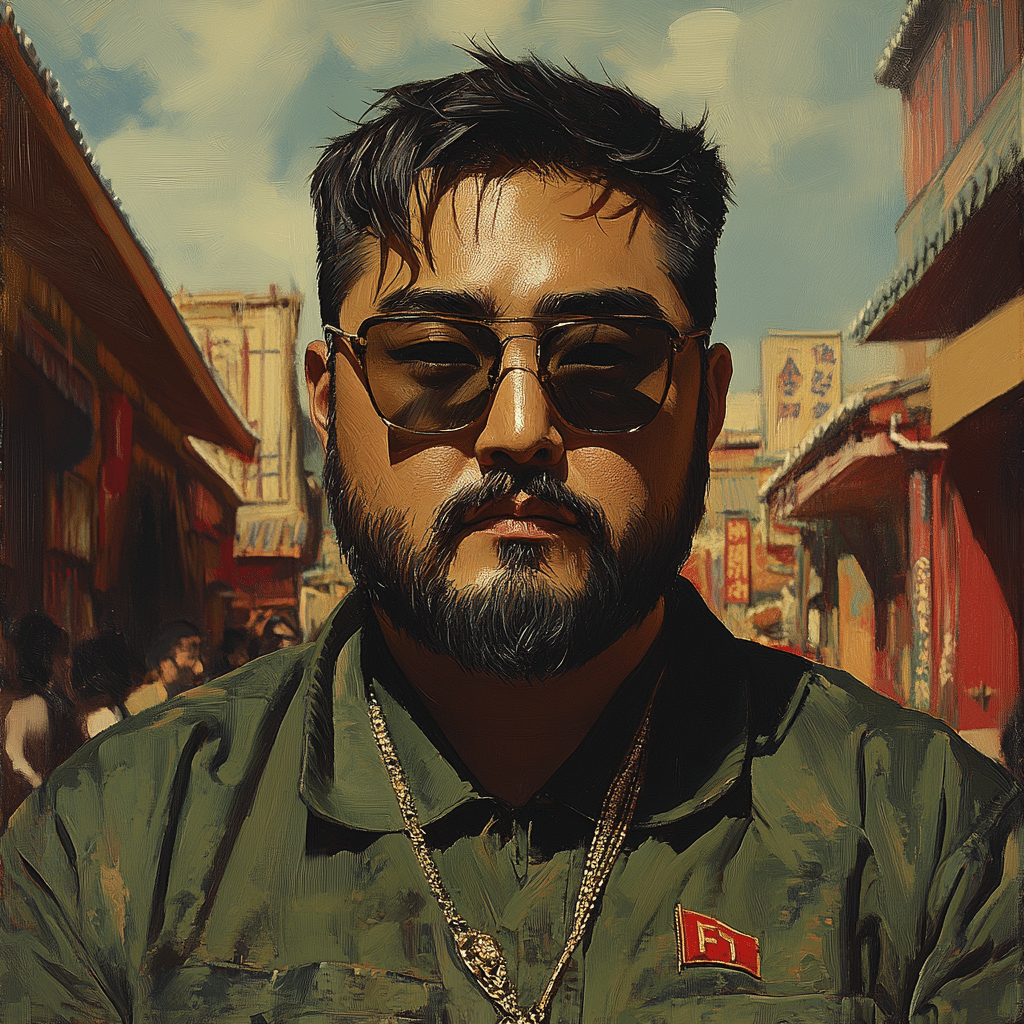
Why did Kim Jong-nam get assassinated?
Kim Jong-nam was assassinated because he was seen as a threat to Kim Jong Un’s power, especially after he embarrassed the regime in 2001 with a failed attempt to visit Tokyo Disneyland. It’s widely believed his murder was ordered by Kim Jong Un, and four North Korean spies involved in the assassination made it back to Pyongyang without being caught.
Why was Kim Jong-nam exiled?
Kim Jong-nam was exiled after falling out of favor with Kim Jong Un, primarily due to his controversial actions, including that infamous attempt to enter Japan on a fake passport. His exile meant he could no longer play a role in North Korean politics or succession plans.
Did Kim Jong Un have a brother?
Yes, Kim Jong Un had a brother named Kim Jong-nam, who was once considered the favorite to succeed their father, Kim Jong Il, before his falling out of favor led to his assassination in 2017.
What happened to North Korea’s first lady?
North Korea’s first lady, Ri Sol-ju, had a relatively low profile for several years, appearing occasionally with her husband at events, but later she largely disappeared from public view. Since 2018, she has taken on more of a diplomatic role.
Which leader died in North Korea?
Kim Jong Il, the former North Korean leader, died in December 2011. His death led to a power transition, with his son Kim Jong Un taking over the leadership of the country.
What happened after Kim Jong Il died?
After Kim Jong Il died, there was a period of mourning, and Kim Jong Un quickly established his authority and began consolidating power, showing his leadership through military parades and political purges.
Why can’t you go out of North Korea?
You can’t go out of North Korea without government permission. The regime tightly controls movement, and any attempt to leave without authorization can lead to severe consequences.
What happens if someone escaped North Korea?
If someone manages to escape North Korea, they often face a perilous journey, and while some are able to reach safety in other countries, many are caught and face harsh punishments or imprisonment upon return.
Why did North Korea get banned?
North Korea got banned from various international events and faced sanctions primarily due to its nuclear weapons development and human rights violations, which the global community finds unacceptable.
Is North Korea safe to visit?
Visiting North Korea isn’t considered safe for many reasons, including strict government control, potential for arbitrary detention, and the lack of personal freedoms. Travelers need to be cautious and follow all guidelines set by the regime.
What languages can Kim Jong Un speak?
Kim Jong Un reportedly speaks several languages, including Korean and some English, which he has learned during his time abroad, particularly during his education in Switzerland.
How tall is Kim Jong Un?
Kim Jong Un is said to be around 5 feet 7 inches tall, which is somewhat shorter than average for leaders around the world, but it doesn’t stop him from presenting an imposing figure.
Is Kim Jong-in married?
Yes, Kim Jong Un is married to Ri Sol-ju, and they are known to have children together, which has sparked interest in the potential future leadership of North Korea.
What can’t you do in North Korea?
In North Korea, you can’t criticize the government, express dissent, or even possess materials like South Korean media, which is strictly forbidden. The regime enforces severe penalties for violations of these rules.
How many people have escaped from North Korea?
It’s estimated that around 33,000 North Koreans have escaped the country over the years, seeking freedom and a better life, often risking everything to make the dangerous journey to safety in other nations.



